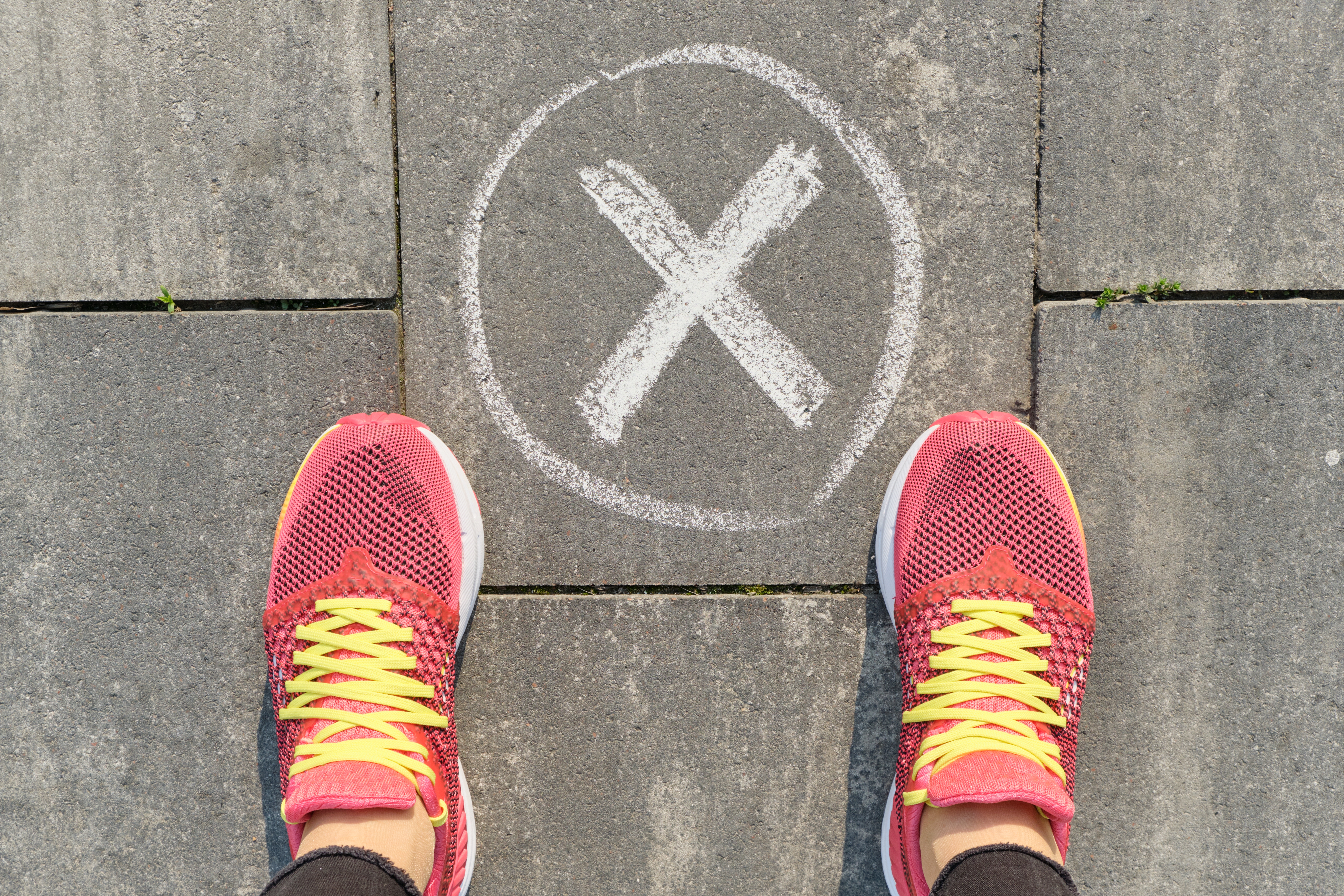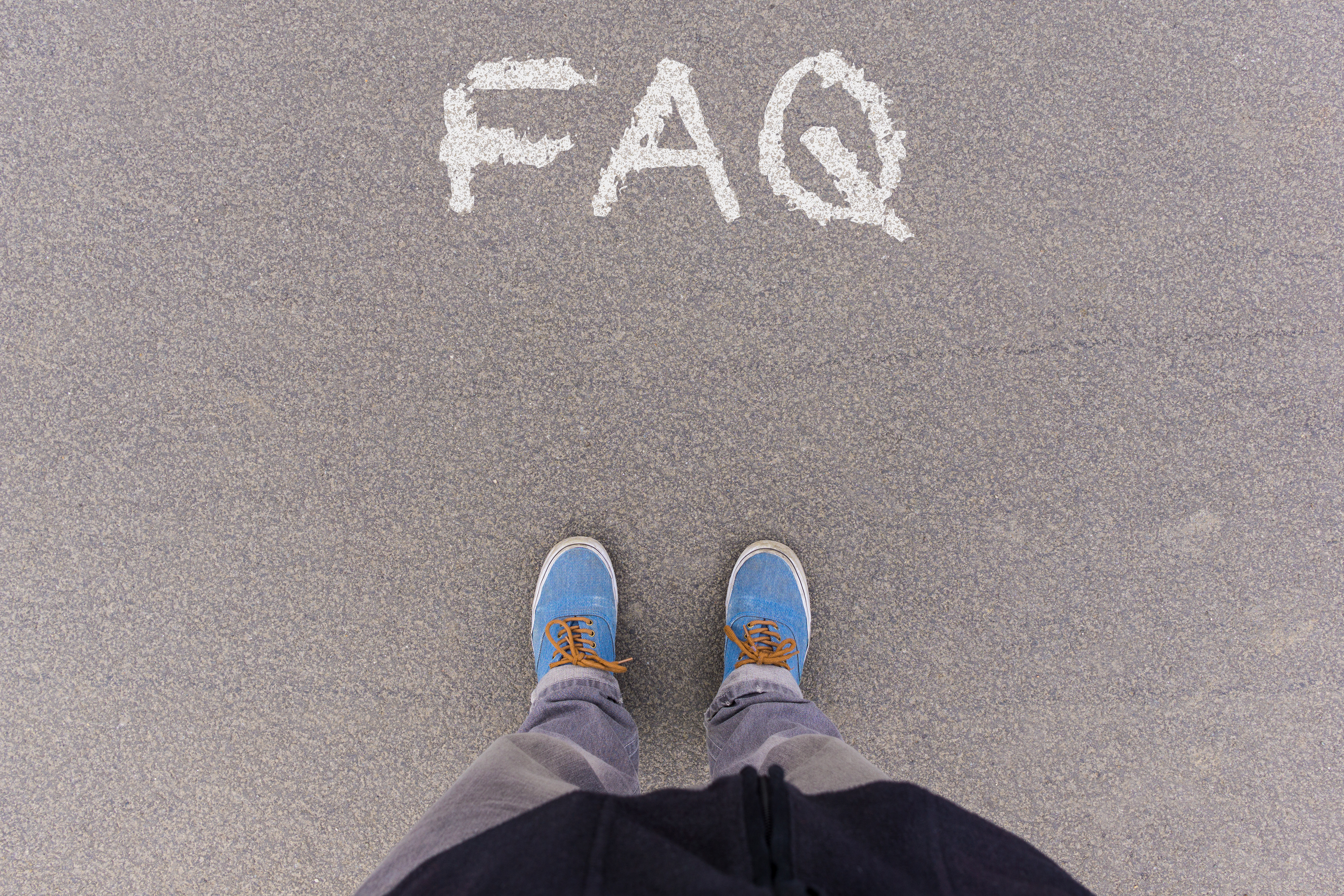Gastric sleeve surgery is a transformative procedure that helps many people achieve significant weight loss. However, the journey doesn't end once the surgery is complete. Post-operative care is crucial to ensuring long-term success. There are specific habits and behaviors that can hinder your progress and even lead to complications. In this article, we’ll cover the key things you should never do after gastric sleeve surgery to maintain optimal results and avoid setbacks.
1. Avoid Overeating
After gastric sleeve surgery, your stomach is significantly reduced in size. Overeating can stretch the stomach and undo some of the surgery’s benefits. It’s essential to listen to your body and stop eating as soon as you feel full. Consuming large portions can cause discomfort, vomiting, or even weight regain over time.
Key Tip: Eat smaller, frequent meals throughout the day and chew your food thoroughly to aid digestion.
2. Never Skip Hydration
Staying hydrated is a must after gastric sleeve surgery. Your reduced stomach capacity makes it more difficult to consume large amounts of water at once, so it's vital to sip water consistently throughout the day. Dehydration can lead to headaches, fatigue, and more serious complications.
Key Tip: Aim for at least 64 ounces of water daily, and avoid drinking fluids during meals to prevent overeating.
3. Don’t Eat High-Sugar or High-Fat Foods
Foods high in sugar or fat can lead to dumping syndrome, a condition that occurs when food moves too quickly from your stomach to your small intestine. This can cause nausea, sweating, cramping, and diarrhea. Avoid sugary snacks, fried foods, and processed foods to prevent this issue.
Key Tip: Focus on nutrient-dense foods like lean proteins, vegetables, and whole grains.
4. Avoid Alcohol Consumption
Alcohol is high in calories and can interfere with your weight loss goals. Additionally, your body will process alcohol differently after surgery, leading to quicker intoxication and increased risk of addiction. It’s best to avoid or significantly limit alcohol intake post-surgery.
Key Tip: If you choose to drink alcohol, wait several months after surgery and consult with your healthcare provider first.
5. Don’t Ignore Physical Activity
Regular exercise is a key component of maintaining your weight loss after surgery. While strenuous exercise is not recommended immediately after the procedure, light activities like walking can aid recovery and boost your metabolism. Over time, you can gradually increase your activity level.
Key Tip: Start with light activities like walking, and as you heal, incorporate strength training and cardio for long-term weight management.
6. Never Skip Follow-Up Appointments
After gastric sleeve surgery, regular follow-up visits with your surgeon or healthcare provider are essential. These appointments help track your progress, monitor for potential complications, and adjust your diet or lifestyle plan as needed. Skipping these check-ins can delay interventions that may be needed to keep you on the right path.
Key Tip: Keep all follow-up appointments and stay in regular contact with your healthcare team.
7. Avoid Smoking
Smoking can delay healing and increase the risk of complications such as infections or blood clots after surgery. It can also exacerbate gastrointestinal issues and interfere with your overall recovery process.
Key Tip: If you're a smoker, seek help to quit before undergoing surgery, and avoid smoking altogether post-surgery.
Success after gastric sleeve surgery requires more than just the procedure itself. By avoiding overeating, staying hydrated, steering clear of unhealthy foods, limiting alcohol, maintaining physical activity, attending follow-up appointments, and avoiding smoking, you can maximize the benefits of your surgery and enjoy long-term results.
Take your recovery seriously and incorporate these essential post-op tips into your routine for a smoother journey toward your weight loss goals.
8. Don’t Rush Your Meals
Eating too quickly can lead to discomfort, nausea, and even vomiting. After gastric sleeve surgery, it's essential to take your time with meals. Your stomach is smaller, and your body needs more time to process food. Rushing through meals can cause you to overeat before realizing you're full.
Key Tip: Take small bites, chew each bite thoroughly, and allow at least 20-30 minutes for each meal to give your body time to signal fullness.
9. Avoid Carbonated Drinks
Carbonated beverages can introduce gas into your smaller stomach, causing bloating, discomfort, and pain. They may also stretch your stomach over time, which could reduce the effectiveness of the surgery.
Key Tip: Swap carbonated drinks for still water, herbal teas, or diluted fruit juices to stay hydrated without risking complications.
10. Never Skip Protein
Protein is essential for your recovery and long-term success. It helps with muscle repair, supports your metabolism, and keeps you feeling full longer. After gastric sleeve surgery, you may struggle to meet your nutritional needs, making it even more important to prioritize protein intake.
Key Tip: Aim to consume lean protein sources such as chicken, fish, eggs, and low-fat dairy. Consider using protein shakes or supplements if you’re having difficulty meeting your daily protein requirements.
11. Don’t Compare Your Progress to Others
Every person’s weight loss journey is different, and it’s important not to compare your progress to others who have had gastric sleeve surgery. Factors like starting weight, metabolic rate, and lifestyle choices all play a role in how quickly or slowly you lose weight.
Key Tip: Focus on your own milestones and celebrate the small victories along the way. Trust the process and consult your healthcare provider if you have concerns about your progress.
12. Avoid High-Calorie Beverages
Beverages like sugary coffee drinks, sodas, and fruit juices can add a significant number of calories to your daily intake without filling you up. This can hinder your weight loss and potentially cause weight regain. Even drinks labeled as "healthy" can sometimes be packed with hidden sugars.
Key Tip: Stick to water, unsweetened tea, and low-calorie drink options to support your weight loss efforts.
13. Don’t Let Emotional Eating Take Over
Gastric sleeve surgery helps reduce physical hunger, but it doesn’t eliminate emotional eating. Many people use food as a way to cope with stress, boredom, or other emotions. Post-surgery, it’s crucial to develop healthier ways to manage your emotions and avoid turning to food for comfort.
Key Tip: Consider seeking support from a therapist or support group to develop coping strategies and maintain a healthy relationship with food.
Gastric sleeve surgery is a powerful tool for achieving weight loss, but it requires a commitment to lifelong changes. By following these post-op tips and avoiding behaviors that can derail your progress, you’ll set yourself up for success in reaching and maintaining your weight loss goals.
Remember, the journey after surgery is just as important as the procedure itself. Take care of your body, follow your healthcare provider's advice, and avoid these common pitfalls to enjoy a healthier, happier future.
Frequently Asked Questions (FAQ)
Here are some common questions about life after gastric sleeve surgery and tips to ensure a successful recovery.
1. Can I ever drink alcohol again after gastric sleeve surgery?
It's best to avoid alcohol for at least six months to a year after surgery. Alcohol is high in empty calories and can interfere with weight loss. After gastric sleeve surgery, your body processes alcohol differently, which can lead to quicker intoxication and increased risks. Consult your healthcare provider before reintroducing alcohol into your lifestyle.
2. When can I start exercising after gastric sleeve surgery?
Light activities such as walking can typically begin as soon as you feel comfortable, usually within a few days of surgery. Strenuous exercise should be avoided for at least 4-6 weeks, depending on your surgeon’s advice. As your body heals, you can gradually increase your activity level to include cardio and strength training.
3. Can I drink carbonated beverages after surgery?
No, it’s recommended to avoid carbonated beverages. The gas in these drinks can cause discomfort, bloating, and stretch your stomach, which could affect the results of the surgery.
4. Will I regain weight after gastric sleeve surgery?
While gastric sleeve surgery helps with weight loss, regaining weight is possible if healthy lifestyle habits aren’t maintained. Overeating, consuming high-calorie foods, or not exercising regularly can lead to weight gain. Follow a balanced diet and exercise plan to prevent weight regain.
5. What should I do if I experience nausea or vomiting after meals?
Nausea or vomiting can occur if you eat too quickly, consume too much food, or eat foods that are hard to digest. It’s important to eat slowly, take small bites, and chew thoroughly. If nausea persists, consult your doctor, as it may indicate an underlying issue.
6. Can I still enjoy eating out at restaurants after gastric sleeve surgery?
Yes, you can still enjoy eating out, but it’s important to make mindful choices. Opt for smaller portions, avoid high-fat and high-sugar foods, and listen to your body's signals of fullness. Many restaurants offer healthy options or allow you to share meals to help manage portion sizes.
7. Will I need to take vitamins or supplements after surgery?
Yes, most patients need to take vitamins and supplements long-term to ensure they meet their nutritional needs. The smaller stomach size may make it difficult to absorb sufficient nutrients from food alone, so common supplements include multivitamins, calcium, vitamin D, and vitamin B12. Your healthcare provider will recommend the best regimen for you.
8. How soon can I return to work after gastric sleeve surgery?
Most patients return to work within 2-4 weeks after surgery, depending on the nature of their job and their recovery. If your job involves heavy lifting or strenuous activity, you may need to take additional time off.
9. Can I have children after gastric sleeve surgery?
Yes, many women successfully conceive and have healthy pregnancies after gastric sleeve surgery. However, it’s generally recommended to wait at least 12-18 months after surgery to allow your body to stabilize at a healthier weight and nutritional status. Consult your healthcare provider for guidance on family planning after surgery.
10. What happens if I overeat after gastric sleeve surgery?
Overeating after gastric sleeve surgery can cause discomfort, nausea, vomiting, and even stretch the stomach over time. This can compromise your weight loss efforts. It’s essential to follow your doctor’s dietary guidelines and eat small, frequent meals.
 Clinic Booking
Clinic Booking




 No Record
No Record